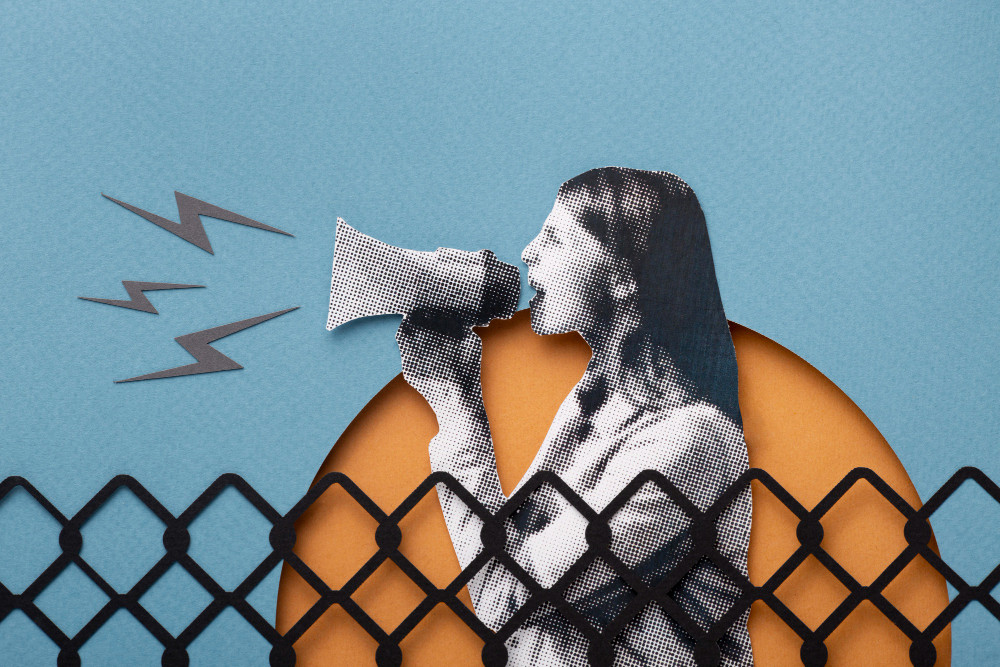UK Judge Calls the Term “Karen” “Pejorative” and “Borderline Racist, Sexist, and Ageist”

Why do you think the “Karen” slur controversy has sparked such strong reactions on social media?
In recent years, the term “Karen” has become a common word in everyday language, often used to describe someone who seems overly demanding or entitled.
But what happens when this word is used in a serious setting, like a workplace dispute?
A recent ruling from a UK employment tribunal has sparked a heated debate, calling the term “Karen” potentially harmful.
This article explores why this word is causing such a stir and what it means for how we talk to each other.
The Tribunal Case That Started It All

In June 2025, a case at the Watford Employment Tribunal brought the term “Karen” into the spotlight.
Sylvia Constance, a 74-year-old Black British woman, accused her employer, Harpenden Mencap, a charity supporting adults with learning disabilities, of unfair dismissal, racial discrimination, and ageism.
During the case, Constance’s representative, Christine Yates, described the charity’s female managers as acting like “stereotypical Karens,” accusing them of using their authority unfairly against Constance.
The judge, George Alliott, criticized the use of the term, calling it “pejorative” and “borderline racist, sexist, and ageist.”
He noted that the term is often aimed at middle-aged white women, which could make it discriminatory in certain contexts.
Ultimately, Constance’s claims were dismissed, as the judge found the complaints against her were legitimate and not based on race or age.
Why “Karen” Slur Sparks Controversy

The word “Karen” started as an internet meme around 2020, often used to describe women who are seen as overly assertive or who demand to “speak to the manager.”
It gained popularity during the COVID-19 pandemic and social movements like Black Lives Matter, sometimes tied to behaviors perceived as entitled or even racially insensitive.
However, critics argue that the term unfairly targets a specific group—middle-aged white women—making it a stereotype that can harm rather than just describe.
Some, like journalist Hadley Freeman, have called it sexist and ageist, saying it’s used to silence women rather than address their behavior.
Others, like linguist Kendra Calhoun, point out that similar terms have been used historically in African-American culture to call out privilege, like “Miss Ann” or “Becky.”
The tribunal’s ruling has added fuel to this debate, suggesting that using “Karen” in professional settings could have legal consequences.
What This Means for Workplace Language
The tribunal’s decision has raised questions about how we use language in the workplace. HR experts, like Asad Dhunna from The Unmistakables, suggest that companies need clear guidelines on acceptable language to avoid misunderstandings.
Training on diversity and inclusion can help employees understand the impact of words like “Karen.”
The ruling also highlights the importance of context—while the term might seem harmless in casual settings, using it in a legal or professional environment can be seen as discriminatory.
This case may encourage workplaces to rethink how slang terms are used and whether they unfairly target certain groups.
In conclusion, the “Karen” debate shows how words can carry different meanings depending on where and how they’re used.
What started as a meme has now become a topic of legal and social discussion. As society navigates these changes, it’s clear that choosing our words carefully matters more than ever.
You might also want to read: Jodie Foster Says Gen Z Are “Annoying” at Her Workplace


